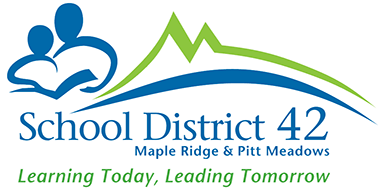Education Assistants work with K-12 students with special physical, behavioural or learning needs. Ridge Meadows College Education Assistant Program will prepare you for supporting students in mainstream learning assistance, resource room, English Literacy, and alternate settings. There will be two weeks of Directed Observation during school hours, and a four week practicum during school hours.
This is a full-time program with a significant workload. Regular attendance, participation, and completion of assignments is of the utmost importance. Courses take place in-person on Tuesdays, Wednesdays, and Thursdays in the evening and Saturday (daytime) classes about twice per month.
Successful graduates of the program will be considered for an interview with School District 42.
To view the September schedule click here.
Please note schedule is subject to change at the discretion of the college.

